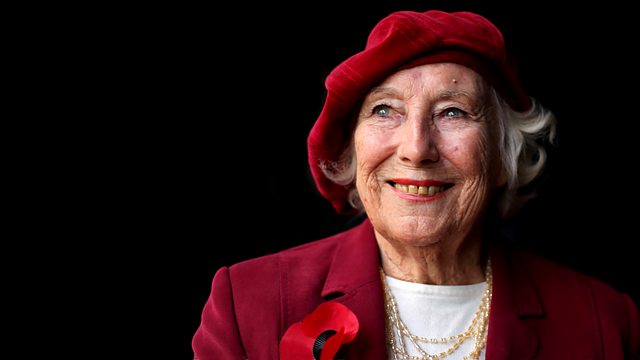
When the world was torn apart by war and uncertainty, one voice rose above the chaos — pure, steady, and full of hope. That voice belonged to Vera Lynn, the young English singer whose songs became the heartbeat of Britain during its darkest days. To millions, she was more than a performer; she was a light in the blackout, a friend in the trenches, and a symbol of unbreakable spirit.
Born in London in 1917, Vera began performing as a teenager, but it was during World War II that her voice found its true calling. Songs like “We’ll Meet Again” and “The White Cliffs of Dover” carried messages of love and reassurance to soldiers far from home. She sang not of victory, but of endurance — and that made her unforgettable.
Vera didn’t just sing about hope — she brought it with her. She performed for troops stationed in Egypt, India, and Burma, often traveling through dangerous conditions just to reach the men who longed for a glimpse of home. For them, her presence was a reminder that the world they were fighting for still cared, still remembered, and still believed.
After the war, Vera Lynn’s music continued to inspire generations. Her songs remained timeless, often re-emerging during moments of national reflection. In later years, she became Dame Vera Lynn, honored by the Queen, yet she remained humble — always “the Forces’ Sweetheart.”
When she passed away in 2020 at the age of 103, the world didn’t just mourn a singer; it mourned a symbol of courage and comfort.
Vera Lynn’s voice still echoes across time — a melody of faith, love, and resilience. In every note of “We’ll Meet Again,” her promise endures: that even through distance and despair, music can bring us home.